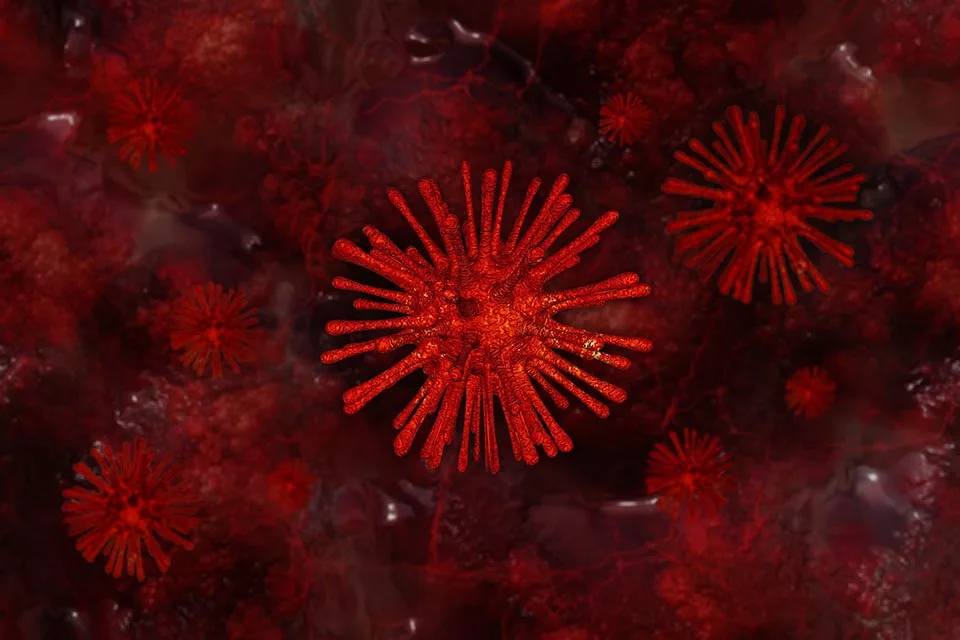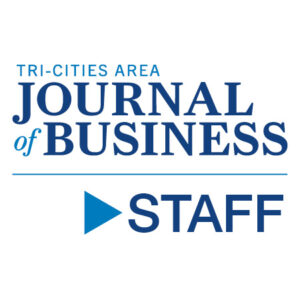
Home » Washington prepared to battle coronavirus
Washington prepared to battle coronavirus

February 18, 2020
Washington is
preparing to battle with coronavirus, the emerging health threat that
originated in China.
The state Health
Department is the lead. It announced on Feb. 4 that it stands ready to isolate
and quarantine travelers from China, working with partners to implement federal
measures announced in January to control the spread.
The World Health
Organization declared a state of emergency for the novel coronavirus, or
2019-nCoV.
The illness is
concentrated in China but has spread to the U.S. There were 12 confirmed cases
in the U.S. and one in Washington state in early February. Elsewhere, officials
have been responding to false reports.
As of Feb. 11, there
were 43,100 confirmed cases worldwide, with most in China. The illness claimed
1,017 lives in China and one outside.
In Washington state,
the outbreak means heightened awareness and scrutiny for air travelers arriving
at Seattle-Tacoma International Airport from China, particularly from Hubei,
the center of the breakout.
The Department of
Homeland Security and the Centers for Disease Control and Prevention are
screening travelers from China. Ill passengers will be isolated, evaluated and
if needed, hospitalized.
The state also created
a command center to respond to the outbreak by elevating the Emergency
Operations Center at Camp Murray to Level One, putting it on full-activation
status to respond to the virus.
The operations center
includes a Joint Information Center, where representatives from public health
and medical services, agricultural and natural resources work together.
The World Health
Organization recommends these steps to reduce exposure:
• Wash hands
frequently with soap and water or use alcohol-based hand rub.
• Cover coughs and
sneezes with a flexed elbow or tissue. Discard soiled tissues immediately and
wash hands.
• Keep a distance of
at least three feet from other people, particularly those who are coughing,
sneezing and have a fever.
• Avoid touching your
eyes, nose and mouth.
• Seek medical help if
experiencing a fever, cough or difficulty breathing. Tell your doctor if you’ve
traveled in an area where the virus has been reported.
• Avoid consumption of
raw or undercooked animal products.
Track the virus’
status at who.int and doh.wa.gov/Emergencies/Coronavirus.
Local News Health Care
KEYWORDS february 2020





